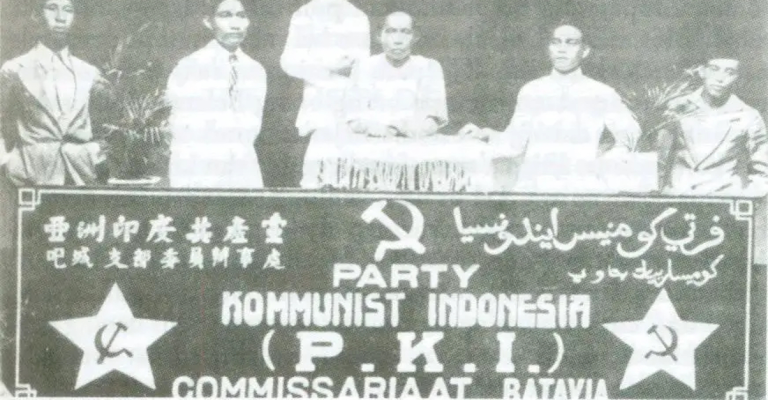
How the Indiesche Sociaal-Democratische Vereeniging Became a Force in Indonesia’s Fight for Freedom
New York, N.Y. — In the early 20th century, as Dutch colonial rule tightened its grip on the Dutch East Indies, a small but determined group of activists laid the groundwork for what would become one of Southeast Asia’s most influential communist movements.
Founded in 1914 as the Indiesche Sociaal-Democratische Vereeniging (ISDV), the organization evolved into the Partai Komunis Indonesia (PKI) by 1924, playing a pivotal role in Indonesia’s struggle for independence.
The Birth of the ISDV: Seeds of Rebellion
The ISDV emerged amid rising discontent with Dutch colonialism, which exploited Indonesia’s resources while suppressing political dissent. Initially a socialist group dominated by Dutch and Indo-European members, it gradually shifted focus toward mobilizing the Indonesian working class.
Key figures like Henk Sneevliet, a Dutch Marxist, and Semaun, an Indonesian railway union leader, pushed the organization toward radical anti-colonialism. By 1917, the ISDV had aligned itself with the Bolshevik Revolution, adopting a communist ideology that resonated with oppressed laborers.
Transformation into the PKI: A Radical Turn
In 1924, the ISDV officially became the PKI, marking a decisive break from moderate socialism. Under leaders like Tan Malaka and Darsono, the party sought to unite peasants, workers, and nationalists against colonial rule. The PKI’s influence grew rapidly, culminating in the 1926-1927 revolts, an armed uprising against the Dutch. Though brutally suppressed, the rebellion demonstrated the PKI’s organizational strength and cemented its reputation as a militant force for independence.
The PKI in Indonesia’s Independence Movement
After World War II, the PKI re-emerged as a key player in the fight against Dutch reoccupation. While Sukarno and Mohammad Hatta led the diplomatic front, the PKI mobilized mass support through labor strikes and land reforms. Despite ideological clashes with nationalist factions, the PKI’s grassroots campaigns pressured the Dutch to recognize Indonesia’s sovereignty in 1949.
Legacy and Controversy
The PKI’s radical legacy remains contentious. While it championed workers’ rights and anti-imperialism, its militant tactics and later suppression under Suharto’s ‘New Order‘ cast a long shadow. Today, historians debate whether the PKI accelerated independence or exacerbated political divisions.
From Colonial Resistance to Revolution: PKI’s Role in Indonesia’s Independence (July 9, 2025)
Summary for Audio (75 words)
Founded in 1914 as the ISDV, the PKI became a major force in Indonesia’s fight against Dutch rule. Evolving from socialist roots to militant communism, it led revolts in the 1920s and later supported independence. Though influential, its legacy is debated—was it a liberator or a destabilizing force? Explore the PKI’s complex role in shaping modern Indonesia.